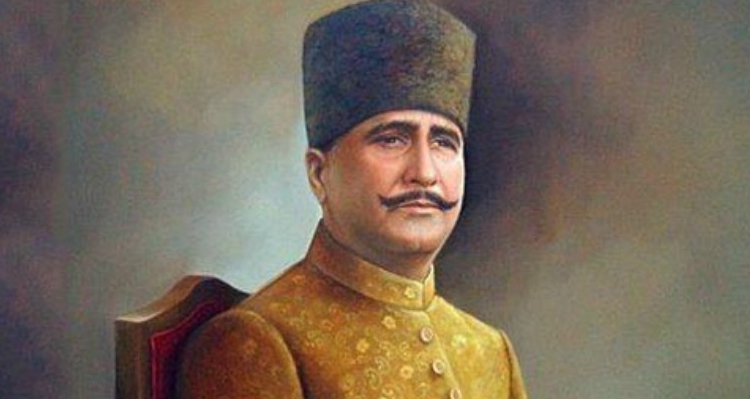The Kerala High Court in India, in a recent case, has stated that the portrayal of a woman’s nude body should not always be viewed as sexual or obscene.
The court acquitted a woman who had recorded a video of her children painting on her partially unclothed body. The mother explained that she created the video to challenge patriarchal beliefs regarding female bodies and to educate her children about sex. The court observed that the video cannot be considered obscene. The court further emphasised that the mere sight of a woman’s bare upper body should not automatically be deemed as sexual.
Likewise, the depiction of a woman’s nude body cannot be categorically labeled as obscene, indecent, or sexually explicit. The context surrounding such depictions should be taken into account to determine their nature.
Justice Kausar Edappagath invoked the principles of body autonomy and highlighted the disparity in how the autonomy of male bodies is seldom questioned compared to the constant threat to the agency and autonomy of women in a patriarchal society. Women often face bullying, discrimination, isolation, and prosecution when making choices about their bodies and lives.
The court’s judgment included remarks regarding the double standards prevalent in society concerning male and female bodies. The court expressed the opinion that it is not inappropriate for a mother to permit her children to use her body as a canvas for painting, as it helps them develop a healthy perspective of seeing nude bodies as normal.
“Painting on the upper body of a mother by her own children as an art project cannot be characterised as a real or simulated sexual act, nor can it be said that the same was done for the purpose of sexual gratification or with sexual intent. To term this innocent artistic expression to be ‘usage of a child in a real or simulated sexual act’ is harsh. There is nothing to show that the children were used for pornography. There is no hint of sexuality in the video. In the accompanying message, the petitioner has declared the purpose of the video as to make a political point against the default, sexualisation of a woman’s body,” the court said as reported by India Today.
The court further observed: “It is wrong to classify nudity as essentially obscene or even indecent or immoral. This is a state where women of certain lower castes had once fought for the right to cover their breasts. We have murals, statues, and art of deities displayed in the semi-nude in ancient temples run all over the country. Such nude sculptures and paintings freely available in public spaces are considered art, even holy. Even though the idols of all goddesses are bare-chested, when one prays at the temple, the feeling is not of sexual explicitness but of divinity.”













































